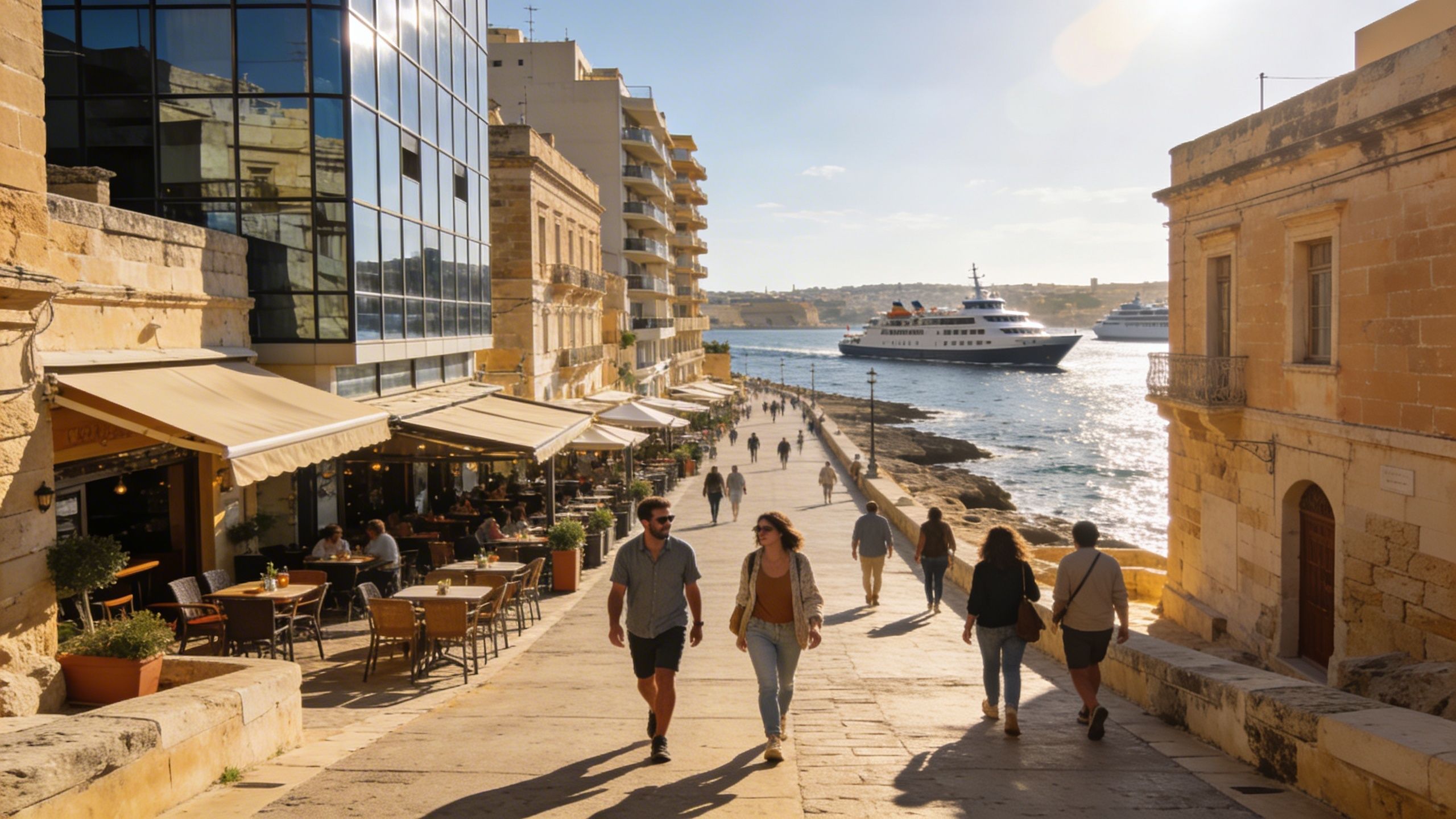France: How to Verify Local Agencies and Market Transparency
A practical guide for international buyers to verify French agencies' legal credentials, disclosures and market data before committing to a purchase.
According to recent market analysis, international buyers in France must navigate fragmentary disclosures, regional price divergence and strict professional regulations when selecting a local agency. This guide shows how to assess transparency, verify compliance under Loi Hoguet and avoid common risks when buying through a French estate agency.
Why market transparency matters for international buyers

Transparent local markets reduce transaction risk. French national data show modest price rebounds in 2024–2025, but region-to-region variation is large. An agency that cannot explain local supply, recent transaction levels or mandatory seller disclosures is a weak partner for an international buyer.
Core transparency checkpoints
Verify an agency’s legal disclosures before any commitment. Under French rules agencies must display their carte professionnelle number, guarantee financière and fee structure. These are not optional details — they are regulated and available publicly or on request.
What the Loi Hoguet requires of agencies
Loi n°70-9 (Loi Hoguet) mandates a professional card, financial guarantee when client funds are held, and professional liability insurance. Confirming these protects buyers from unlicensed operators and reduces exposure to fraud or unreturned deposits.
- Key transparency red flags to watch for:
- No carte professionnelle number displayed on the agency website or office.
- Ambiguous fee presentation — price not shown both with and without fees or unclear who pays the commission.
- Refusal to provide sample mandate (mandat de vente or mandat de recherche) in advance or pressure to sign without full terms.
Deep dive: agency verification and due diligence

Treat agency-supplied comparables as starting points. Use national data (INSEE, notaires) to validate claims on price trajectory and transaction volumes. Agencies that cannot reconcile their valuations with public indices should be treated with caution.
Common pitfalls when relying on local agencies
Pitfalls include opaque dual agency arrangements, undisclosed referral fees, and reliance on off-market valuations. International buyers often underprice the legal and tax advisory needs; an agency that sidelines notarial timelines or diagnostic obligations increases closing risk.
Best-practice checks to require from any agency
Insist the agency provide written: local comparables for the last 12 months, explanation of seller diagnostics (amiante, plomb, termites, performance énergétique), copies of their standard mandates and a list of trusted notaires, géomètres and fiscal advisers they work with.
- Step-by-step verification for international buyers:
- Request the agency’s carte professionnelle number and cross-check by phone with the local CCI.
- Obtain sample mandates (mandat simple or exclusif) and have a French-speaking lawyer or translator review termination, exclusivity and fee clauses.
- Compare the agency’s recent sales against public notary records or INSEE indices to confirm pricing logic.
- Demand evidence of financial guarantee and RC professionnelle; request policy summaries and contact details for the insurer or guarantor.
Advanced considerations for cross-border buyers
Beyond agency checks, examine tax transparency (stamp duties, taxe foncière, plus-value rules), financing terms and currency risk. Quality agencies will provide or arrange a local tax briefing showing acquisition costs and ownership running costs before offer.
Location-specific factors in France
Expect strong divergence: Paris and major metropolitan areas often move differently to provincial coastal or rural markets. Agencies should demonstrate local inventory turnover, seasonal demand patterns and expected holding costs for the buyer’s use case (residence, second home, rental).
Future considerations and agency capability
Ask how the agency monitors regulatory change (tax law, energy performance requirements) and whether they provide post-sale services: property management, rental setup and compliance with local landlord obligations.
- Agency services you should expect:
- Market analysis with documented comparables and data sources.
- Coordination with a notaire and a pre-contract checklist (diagnostics, servitudes, cadastre).
- Clear fee disclosures and written mandates translated where necessary.
- Post-sale handover services, including tax registration and local utilities setup.
Conclusion: act methodically and insist on documentation. Timing matters because market windows differ by region and financing conditions can change quickly. Use the checklist above, verify statutory credentials, and engage a notaire and tax advisor before signing. If an agency resists transparency, walk away — the cost of confirming is small compared with a failed or risky purchase.
Swedish expat who moved from Stockholm to Marbella in 2018. Specializes in cross-border legal navigation and residency considerations for Scandinavian buyers.


